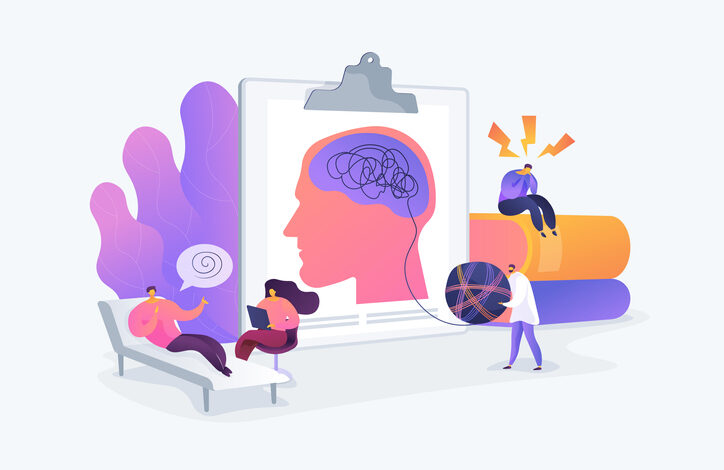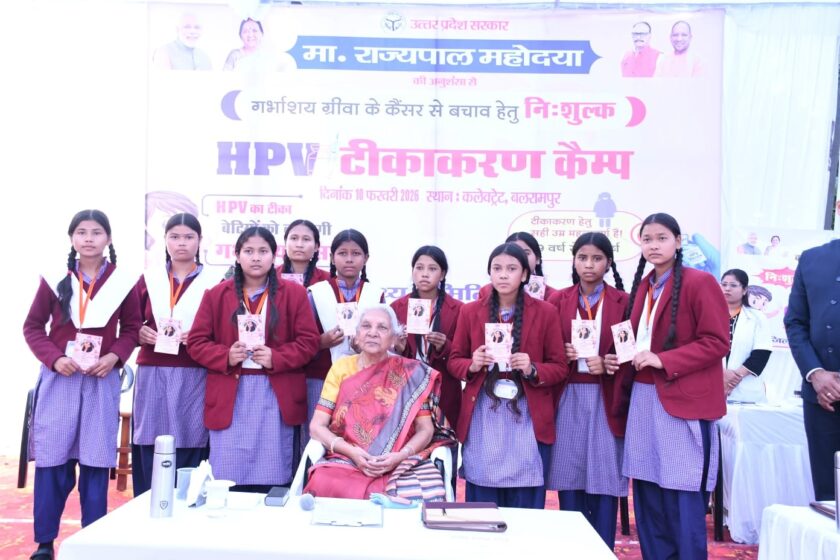NEW DELHI – A new study from the National Institute of Mental Health and Neuro-Sciences (NIMHANS) reveals that 10.6 percent of Indian adults suffer from mental health problems. This finding comes amidst a global mental health crisis, where social pressures, digital dependency, and economic insecurity have deeply impacted well-being worldwide. The World Health Organization (WHO) reports that one in eight people globally grapples with a mental health issue.
According to WHO data, depression and anxiety are the most common problems, severely impacting work productivity and quality of life. Suicide is a leading cause of death for individuals aged 15-29. The COVID-19 pandemic further exacerbated feelings of loneliness, stress, and depression. A billion people worldwide are currently struggling with mental health issues, leading to a loss of approximately $1 trillion annually in global productivity.
The Situation in India
The NIMHANS study highlights a significant treatment gap in India, with 70 to 92 percent of individuals with mental disorders not receiving adequate care. The report also found that women suffering from depression spend three times more on healthcare. An analysis of data from over 8,000 women aged 24 to 44 revealed that they spend an average of ₹3,000 to ₹5,000 on health, an amount that often exceeds their income. It was also noted that about 71 percent of these women were dealing with both anxiety and depression.
Despite the grim statistics, the report also points to some positive changes. It notes that 71 percent of countries have started incorporating mental healthcare into their primary health services. The capacity to provide mental health support in emergency situations has also increased significantly, rising from 39 countries in 2020 to more than 80 percent of countries today.

A Comprehensive Approach to Mental Wellness
Experts emphasize that resolving the mental health crisis requires more than just increasing the number of doctors. A comprehensive strategy is needed that combines awareness, education, policy reform, and technology. This includes:
- Policy and Infrastructure: Better implementation of the Mental Healthcare Act, 2017, and an increase in the mental health budget are crucial. Free or low-cost treatment should be made available in government hospitals.
- Technology and Support: Promoting mental health apps, helplines like ‘Kiran,’ and AI-based chatbots can expand access to services.
- Community and Social Change: There is a need for large-scale campaigns to remove the stigma associated with mental health. Schools and colleges should integrate mental health education into their curriculum. Community support groups, involving NGOs, can also be beneficial.
- Targeted Programs: Specific support services should be developed for vulnerable groups such as students facing exam stress, farmers and laborers for suicide prevention, and special programs for women and the elderly.
By making small efforts and initiatives, India can create a happier, more prosperous, and developed nation by prioritizing mental health as a core aspect of national well-being.










